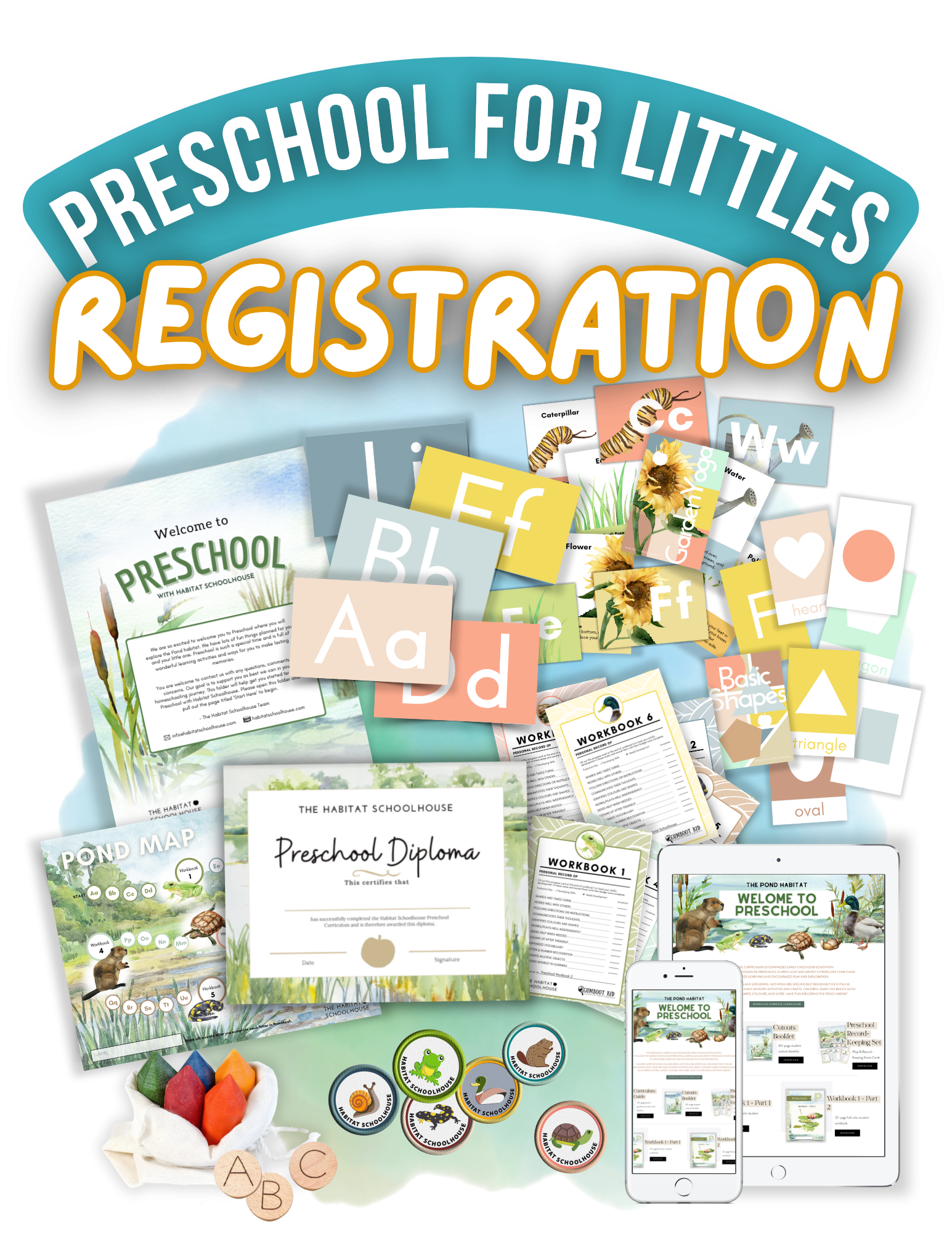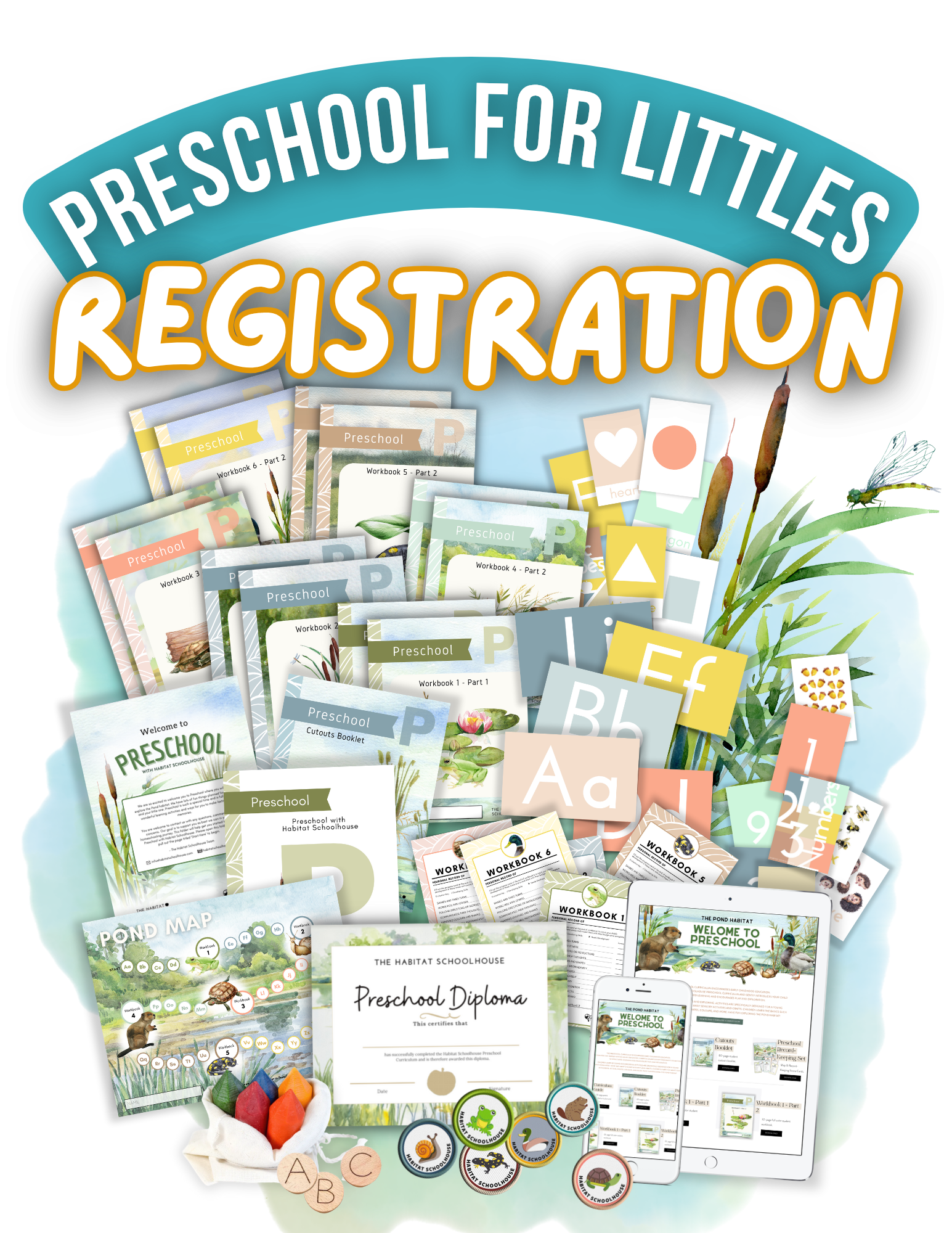A Guide to Best Practices for Your Homeschool Journey
Navigating the world of home education is a rewarding experience. To ensure a smooth and successful journey, it's helpful to keep these key principles in mind.
1. Understand Your Role as a Home Educator. As a homeschooling parent, you are the primary person responsible for your child's education. This involves planning instruction, managing resources, and meeting the specific legal requirements for record-keeping and reporting in your state or province.
2. Know the Difference: True Homeschooling vs. Online Public/Charter School. It's crucial to understand the distinction between these two paths:
Homeschooling: You are in charge. You choose the curriculum, direct the instruction, and report to local authorities as required. You may register with a local district, an umbrella school, or Habitat Schoolhouse for support.
Online School Enrollment: Your child is an enrolled student in a public or private school that delivers instruction online. In this case, the school assigns the teachers, provides the curriculum, and is the official "school of record"—this is technically a form of public/private schooling done at home, not legally "homeschooling."
3. Research the Services Offered by Your Registration Partner. If your state or province requires you to register with a local school district, board, or umbrella school, know that they may be required to offer certain educational services. This can include access to resource materials, standardized testing, or special education assessments.
4. Choose the Support System That Best Fits Your Family. Different districts, boards, or umbrella schools offer varying levels of support. Before you register, investigate what each can provide. One may offer extensive curriculum libraries and teacher consultations, while another may be more hands-off. Find the one that aligns with your family’s educational philosophy and needs.
5. Inquire About Any and All Fees. Always ask if there are fees or refundable deposits associated with registration, curriculum loans, lab materials, or other educational services. Getting this information upfront helps you budget and prevents surprises.
6. Confirm and Comply with Local Residency Requirements. You must follow the homeschool laws of the state or province where your family legally resides. School districts and educational authorities use evidence of residency to determine your eligibility for local services and to ensure you are complying with the correct regulations.
7. Follow Proper Procedure When Switching to Homeschooling Mid-Year. If you decide to withdraw your child from a public or private school after the school year has already begun, you must follow the official process immediately. This typically involves formally withdrawing your child from their current school and simultaneously filing your intent to homeschool with the proper authorities in your area to ensure your child is not marked as truant. This also applies to families who move into a new state or province mid-year and choose to begin homeschooling.
Registration with Habitat Schoolhouse provides you with additional resources and support for your homeschooling journey.






